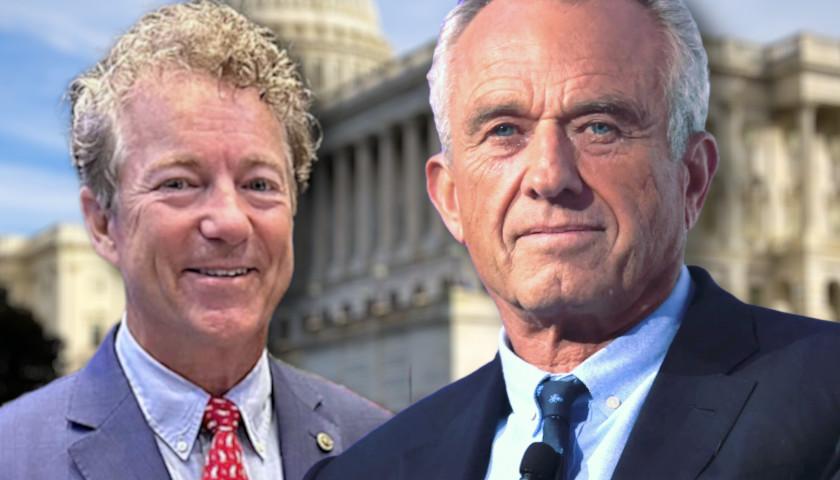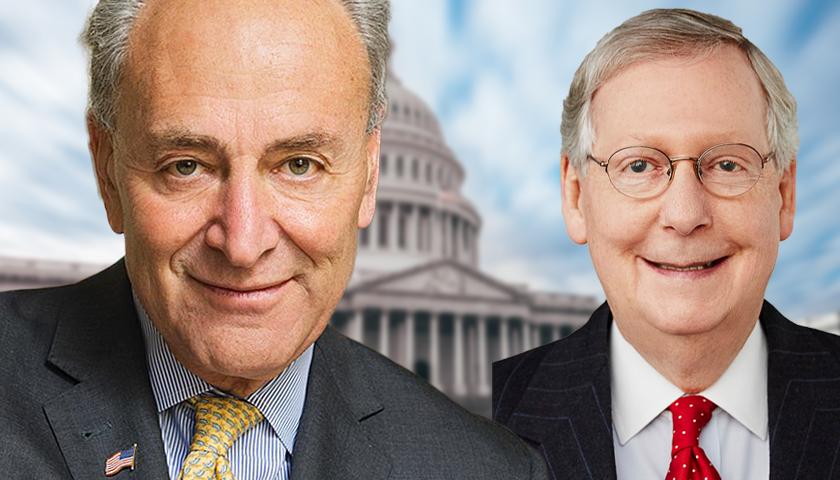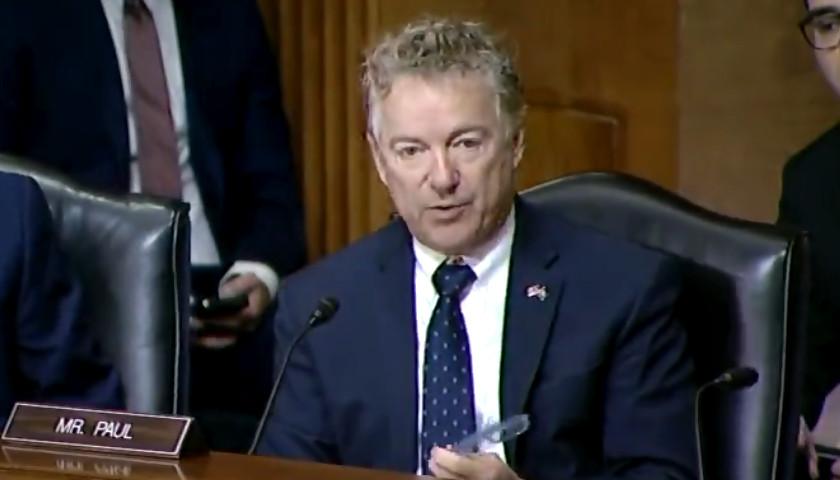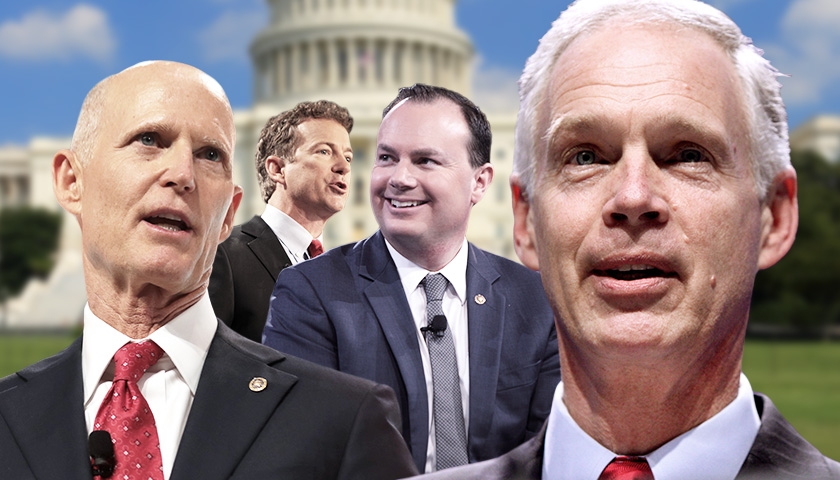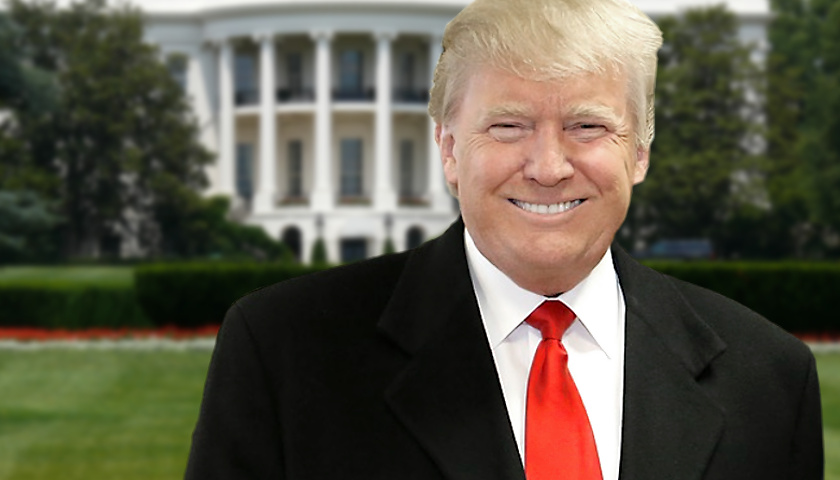by Bethany Blankley The U.S. national debt exceeds $21.5 trillion. That’s almost quadruple the national debt when President George W. Bush first took office in 2001. Earlier this month, the U.S. Senate held a vote on Sen. Rand Paul’s Penny Plan, which would reduce federal government spending and implement fiscal restraint reforms. Only 22 U.S. Senators voted for the Penny Plan, with 25 Republican senators and all Democrats voting against it. The Senate vote came months after about 130 U.S. leaders called on President Donald Trump to lead a “transparency revolution,” and reign in out-of-control federal government spending. “With the economy booming, wages rising, competitive tax rates, domestic energy production flourishing, and unemployment at a near 50-year low across every demographic – the federal debt continues to skyrocket. This is unsustainable,” they wrote in an open letter to the president. Trump responded by directing his federal agency heads to cut five percent of their budgets. Former Sen. Tom Coburn, R-Oklahoma, and honorary chair of OpenTheBooks.com, and Adam Andrzejewski, CEO and founder of the watchdog advocacy group, said Trump’s “war on federal government waste” was “a great first step and an achievable goal.” However, his “willingness to lead by example” was…
Read the full story




